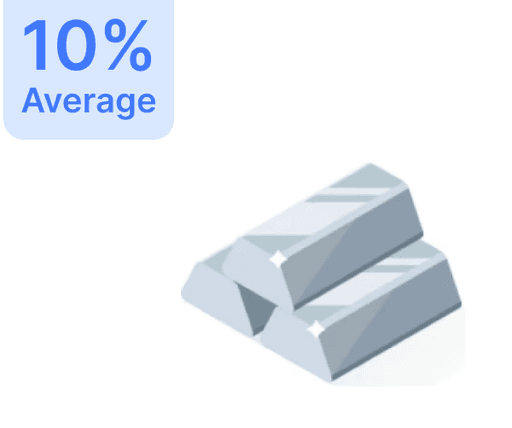
What Should You Know About Mutual Funds in 2023?

 Jun 14, 2024
Jun 14, 2024 8 Mins
8 MinsMutual funds represent an investment vehicle that pools capital from multiple investors to invest in diverse assets like stocks, bonds, government securities, and gold. Skilled fund managers oversee and guide these investments.
Investments made by mutual funds align with the investment objective, determined by the fund manager. The Net Asset Value (NAV) reflects the market value, computed by dividing the total investment portfolio's value by the unit count. This NAV shifts daily, contingent on the performance of underlying assets. Investors can acquire or withdraw mutual fund units based on the NAV.
Mutual funds present benefits such as diversification, expert management, transparency, liquidity, possible tax benefits, alongside offering various choices. Yet, downsides exist like exit load fees, high costs, over-diversification, and inherent market risks. Investors can commit through lump sum investments or opt for systematic investment plans (SIPs).
The types of mutual funds include equity, debt, and hybrid funds, each implementing a unique investment strategy. Investors can participate via a mutual fund company's platform, a distributor, or investment platforms like ET Money.
Regulated by the Securities and Exchange Board of India (SEBI), mutual funds yield earnings via dividends and capital appreciation. Assessing risk tolerance and defining financial goals is pivotal before investing.
In terms of documentation, investors need proof of identity and address. Mutual funds offer notable features—such as diversification, expert management, transparency, liquidity, tax incentives, and reduced costs—but drawbacks like exit fees and market risks exist.
Functioning by aggregating investor funds to invest in securities and distributing returns, mutual funds generally seek diversification, capital protection, growth, and tax advantages. Familiar terms in mutual fund investing include AMC (Asset Management Company), NAV, SIP, NFO, AUM, CAGR, Exit Load, and XIRR.




